22 GPTs for Infrastructure Automation Powered by AI for Free of 2025
AI GPTs for Infrastructure Automation refer to advanced machine learning models, particularly Generative Pre-trained Transformers, tailored for automating and optimizing infrastructure-related tasks. These tools leverage natural language processing to interpret, predict, and execute complex operations within infrastructure management, revolutionizing how businesses handle their foundational technological assets. The significance of these GPTs lies in their ability to provide nuanced, context-aware solutions that can adapt to a variety of infrastructure challenges.
Top 10 GPTs for Infrastructure Automation are: DevOps GPT,DevOps GPT,Senior SRE Mentor,Azure Terraformer,KH Assistant,Server Manager,Code Geass,Terraforming Assistant,DevOps GPT,Ansible Architect
DevOps GPT
Elevating DevOps with AI-driven insights
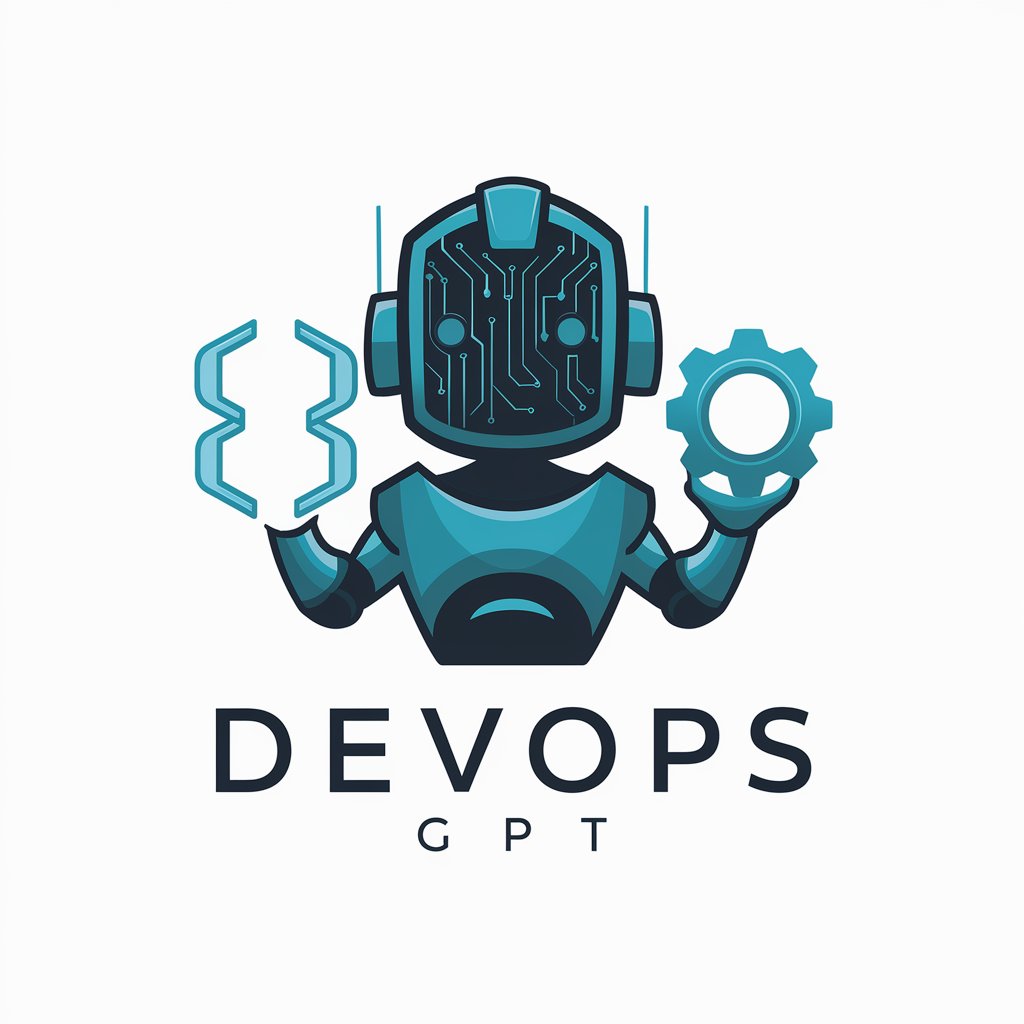
DevOps GPT
Empowering DevOps with AI Intelligence
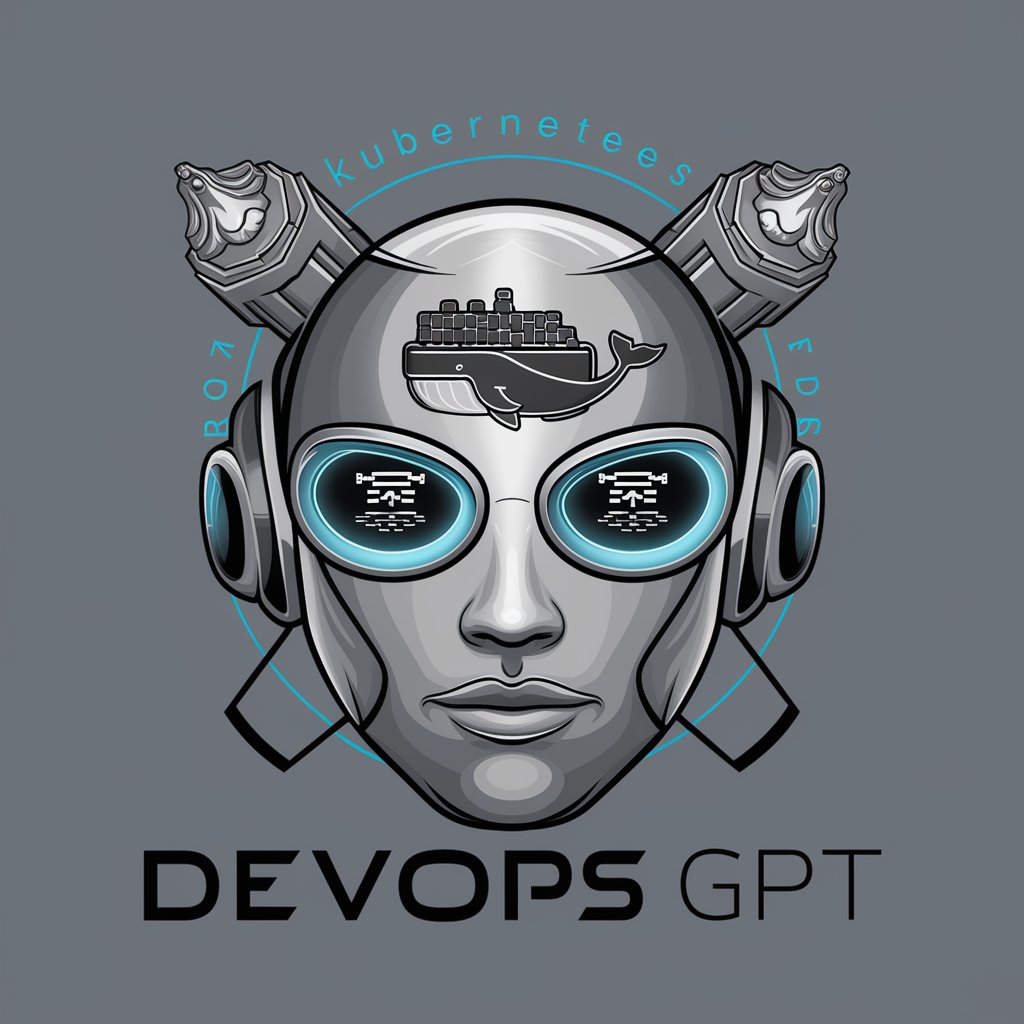
Senior SRE Mentor
Empowering SREs with AI-driven insights
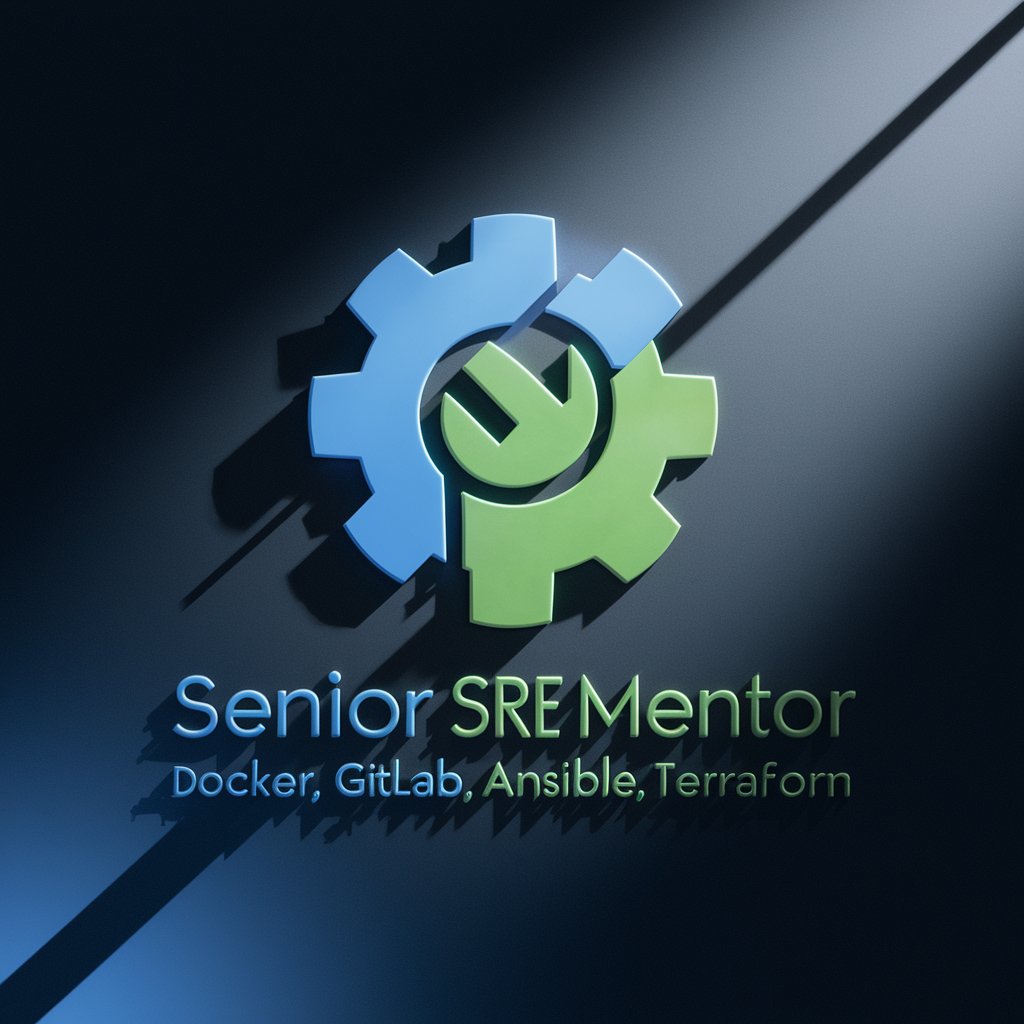
Azure Terraformer
Streamlining Azure Management with AI
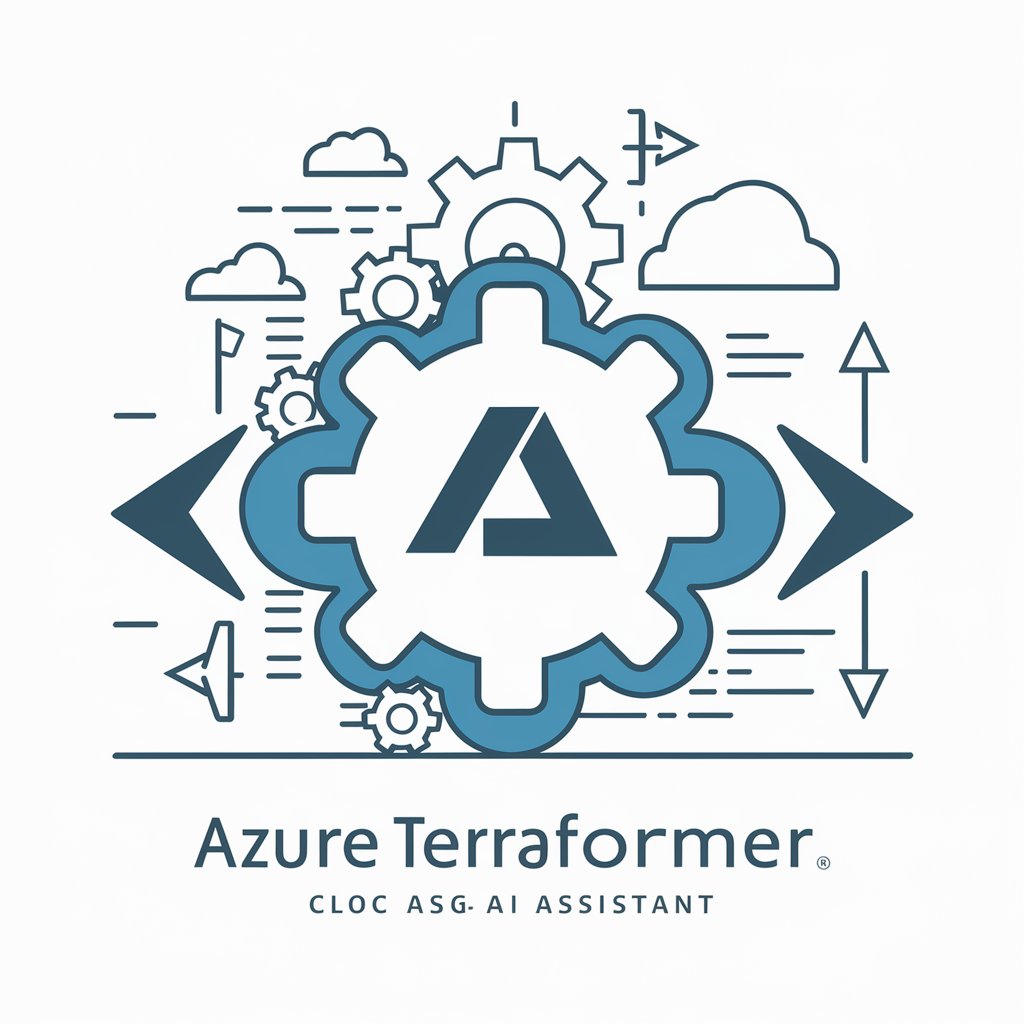
KH Assistant
Expert AI for Kubernetes and cloud

Server Manager
Simplify server management with AI
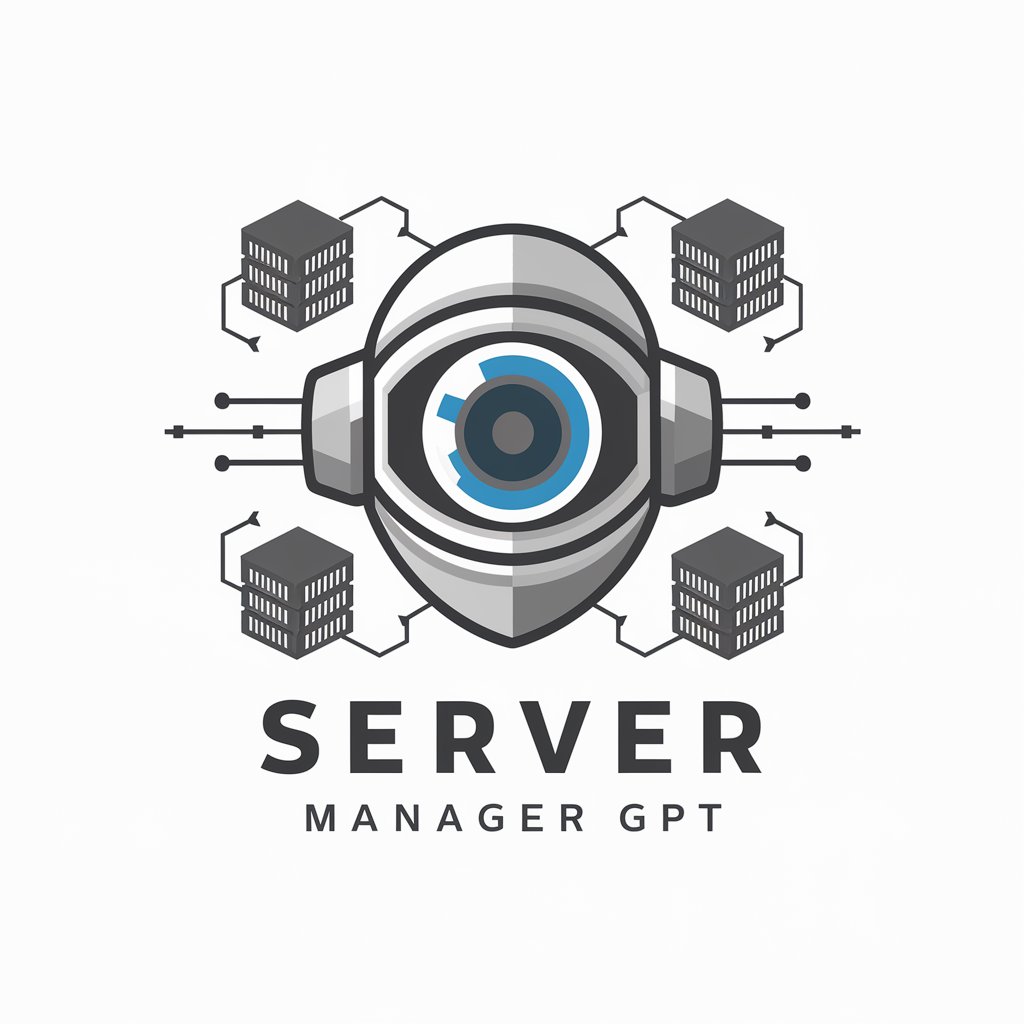
Code Geass
Empowering Development with AI

Terraforming Assistant
Automate AWS hosting with AI-powered Terraform
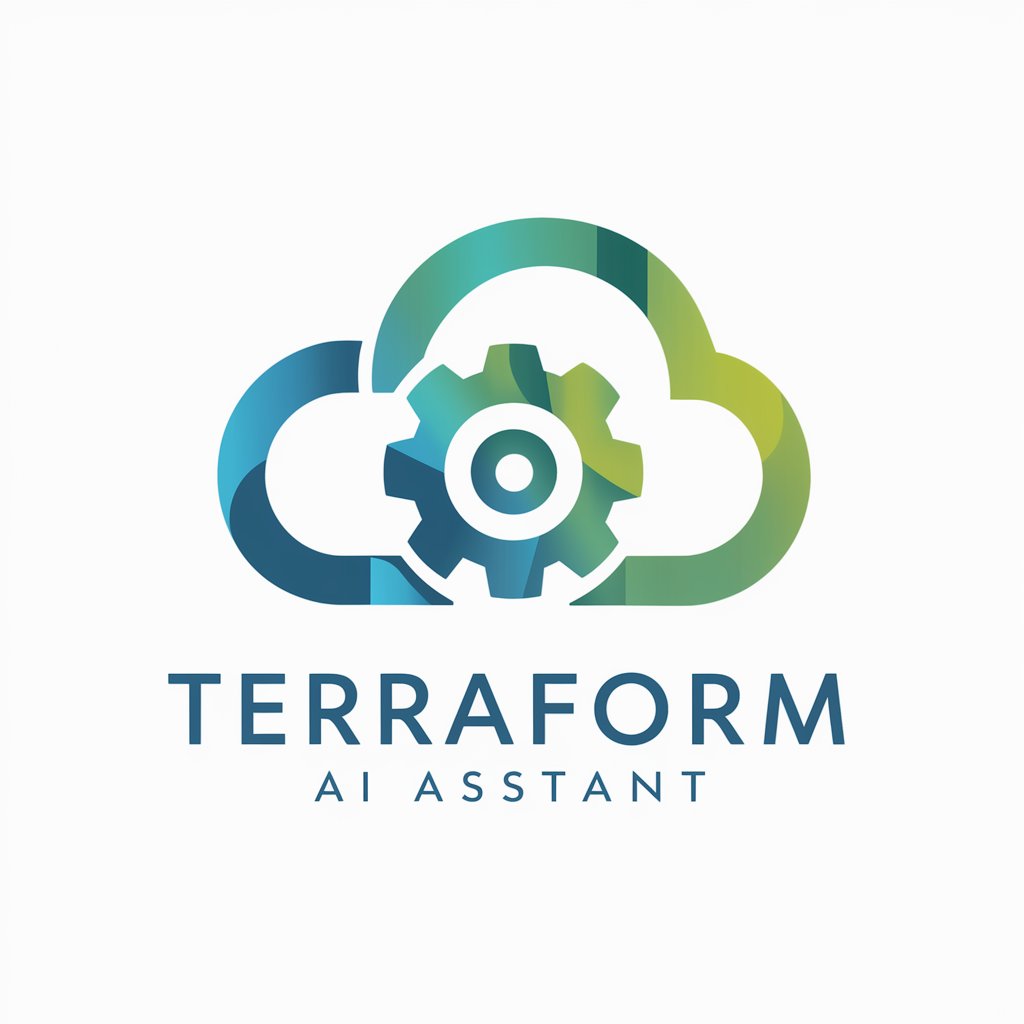
DevOps GPT
Empowering DevOps with AI
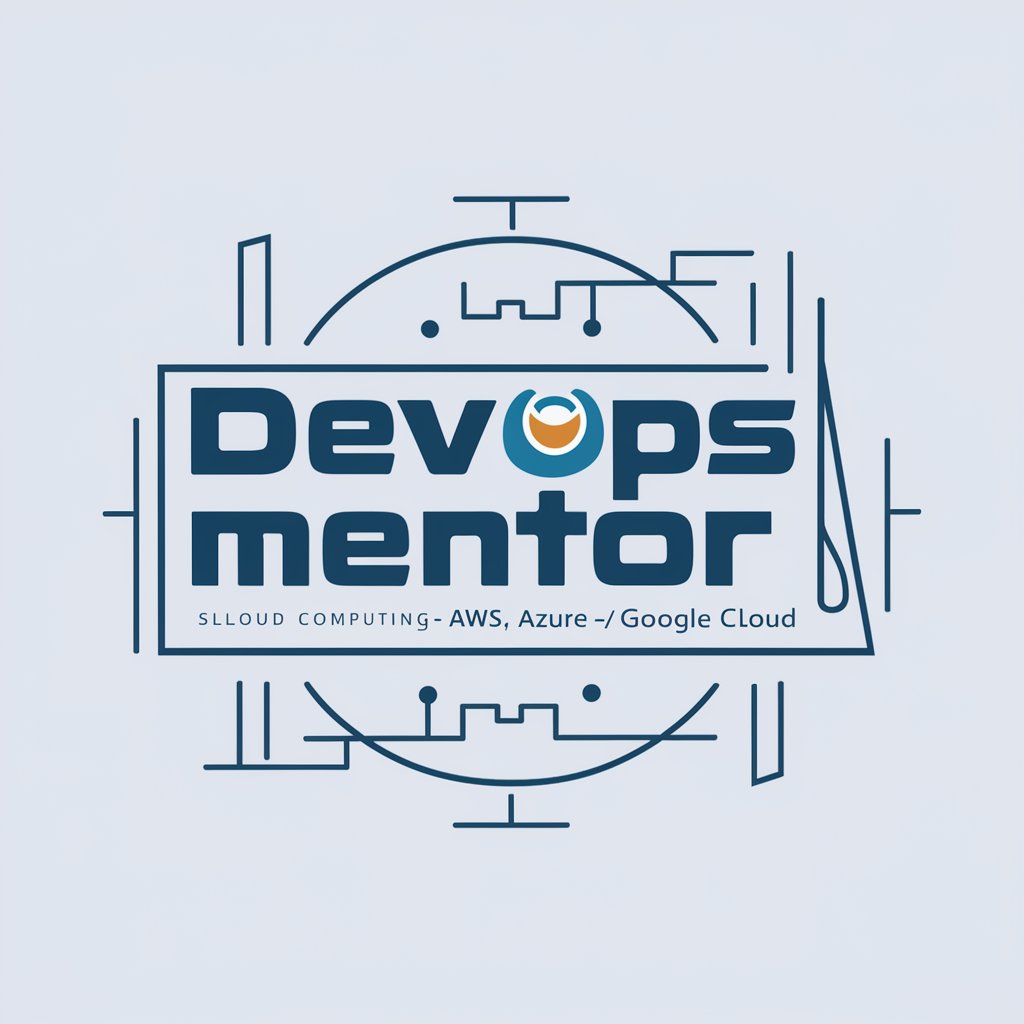
Ansible Architect
Automate with AI-powered Ansible Expertise

Bilbo
Elevate your cloud journey with AI-powered expertise.
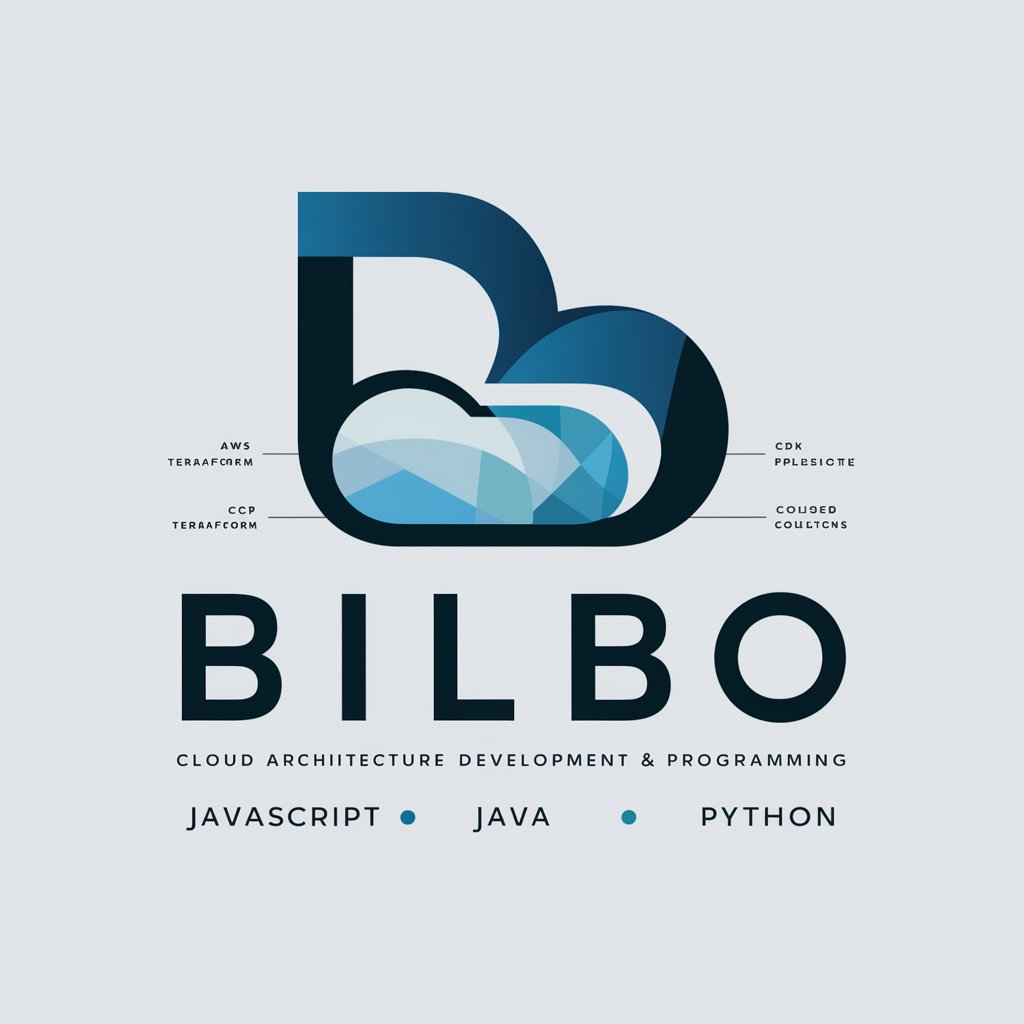
Bowser the Azure DevOps Expert
Elevating DevOps with AI-powered Expertise

DevOps Helper
Simplifying DevOps, one task at a time.
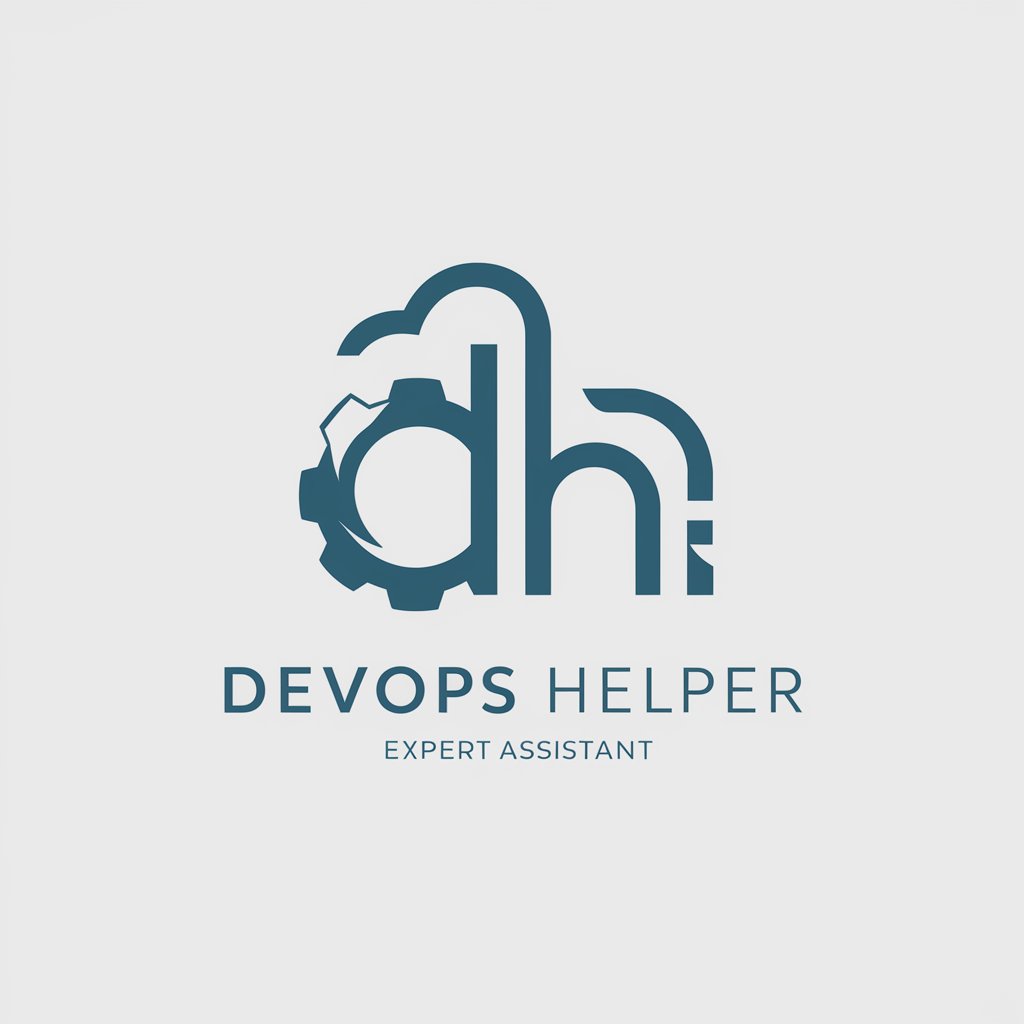
Cloud Wizard
Empowering cloud decisions with AI
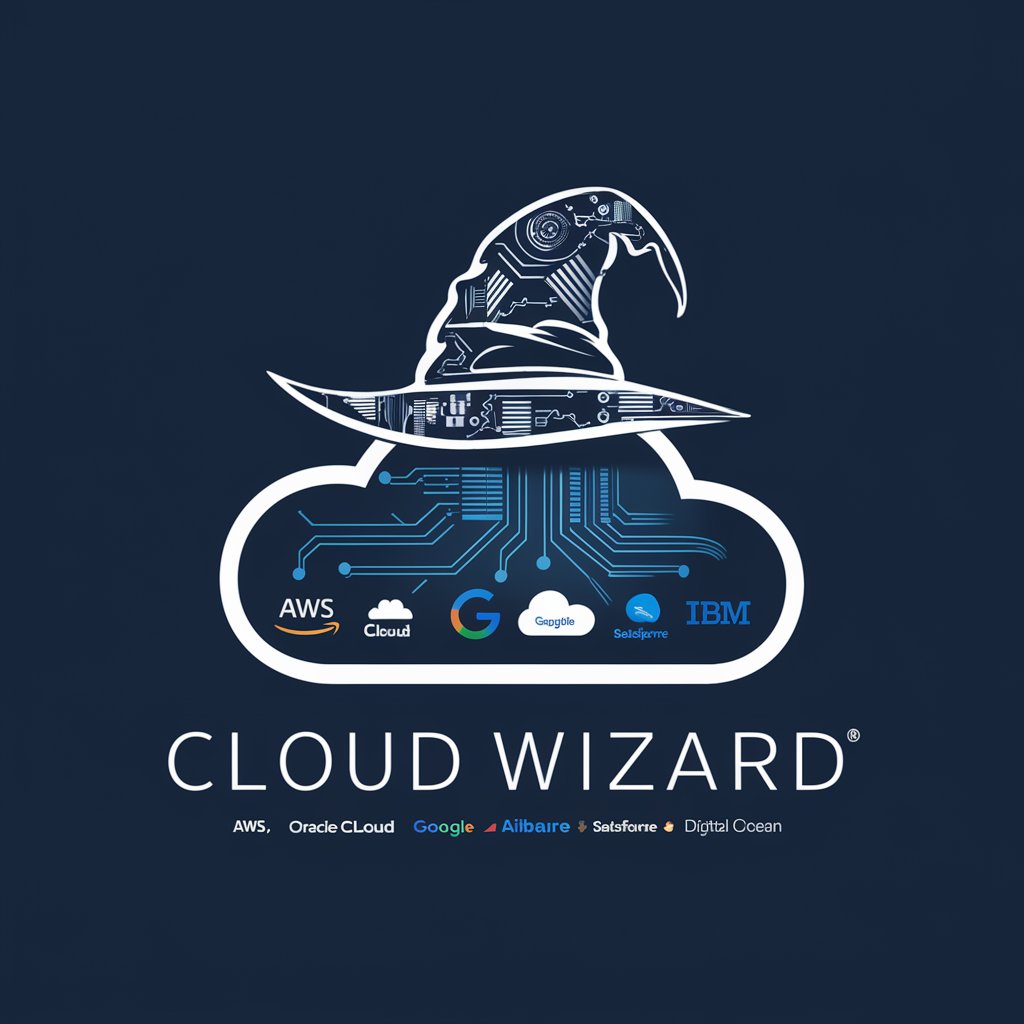
Ansible Architect
Streamline infrastructure with AI-powered automation.
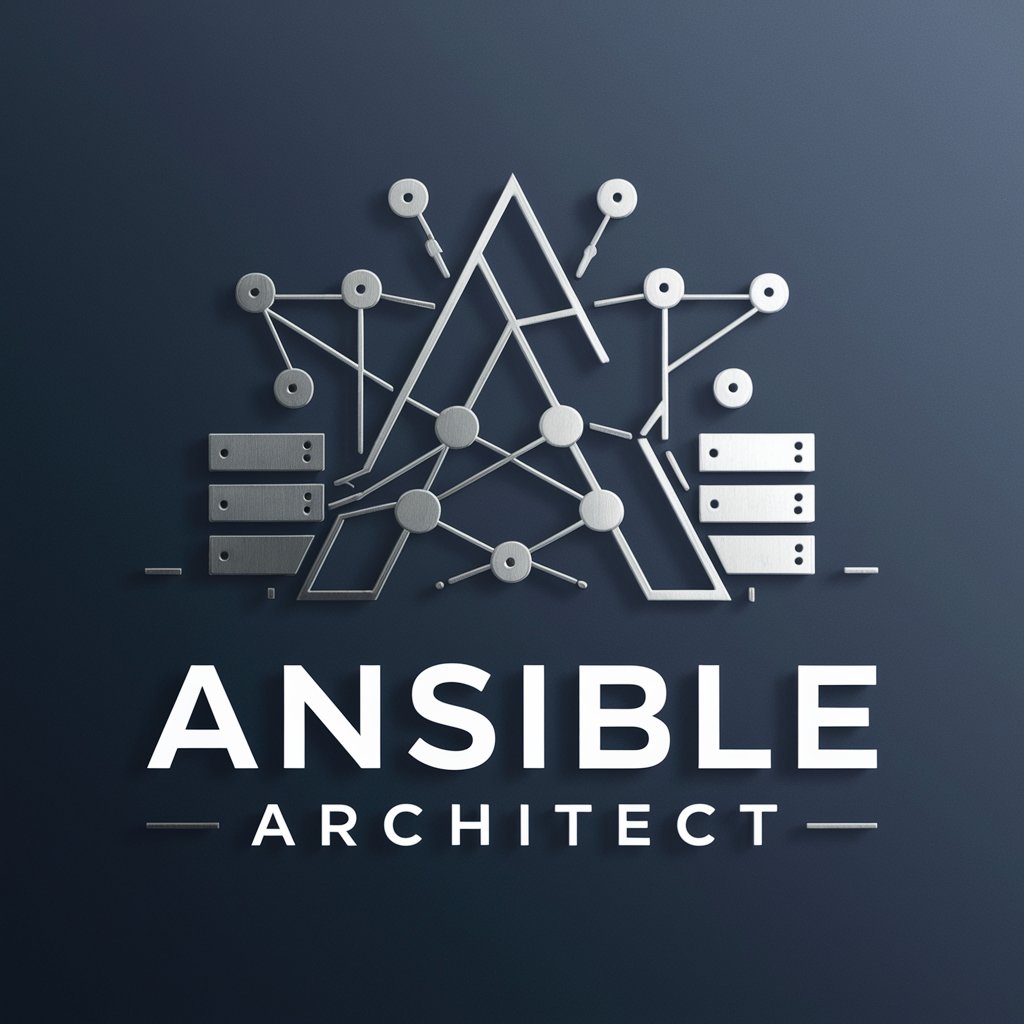
IaC Mentor
Empowering Cloud Infrastructure Automation
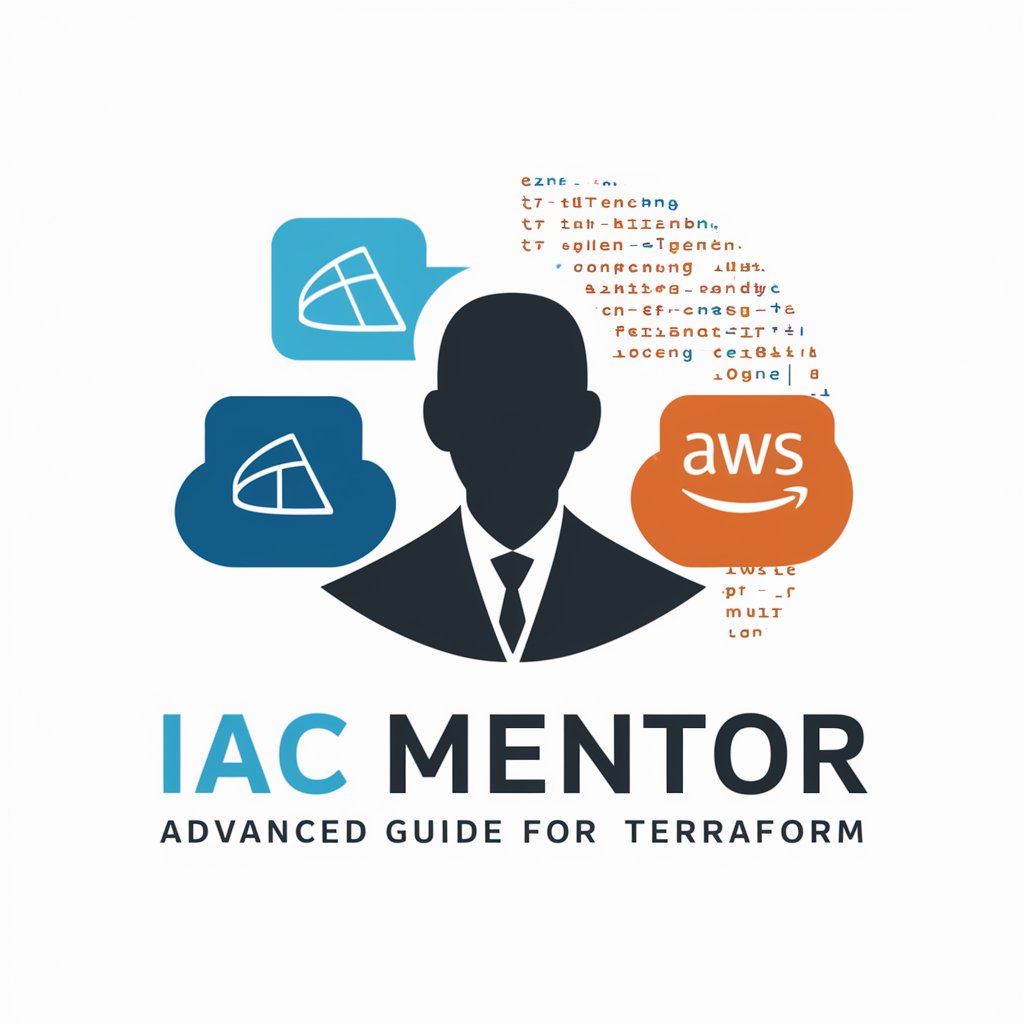
GptOracle | The DevOps Expert
Empowering DevOps Excellence with AI
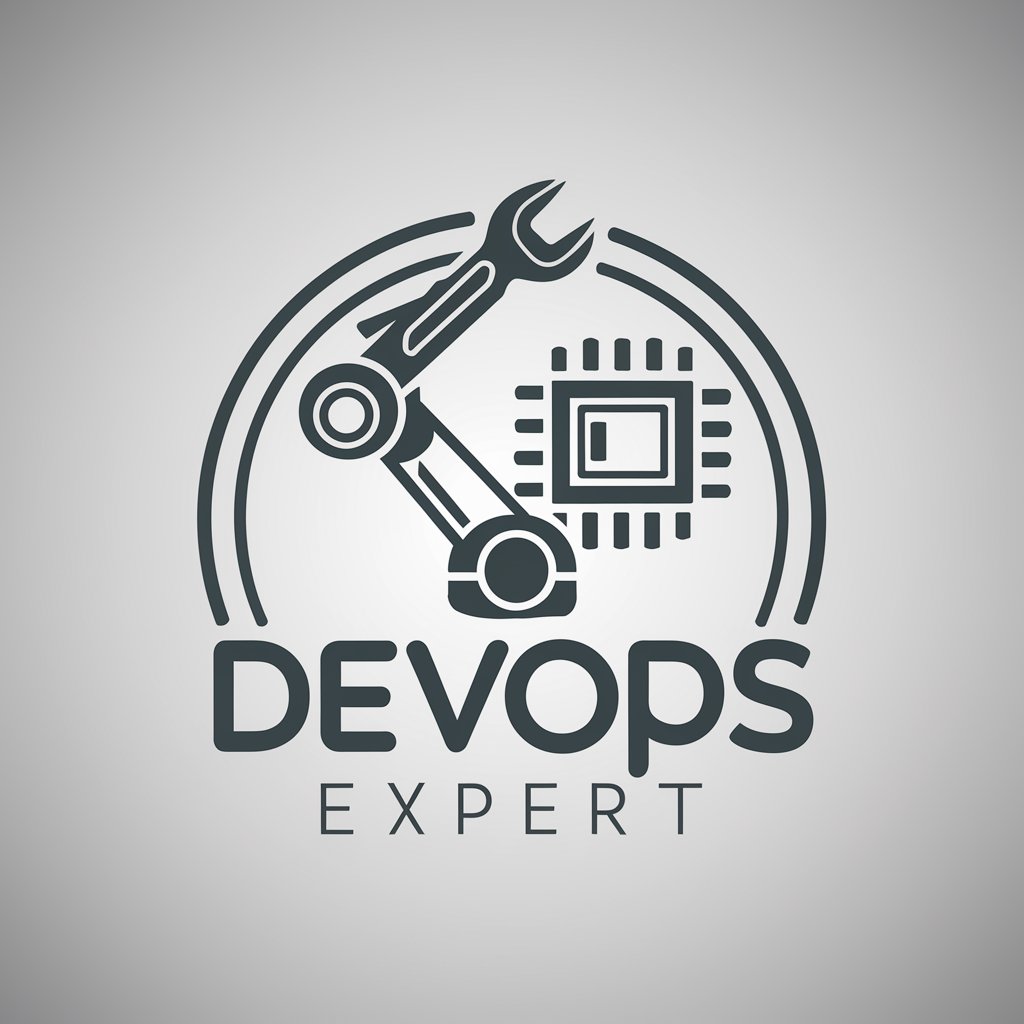
🤖🚀 DevOps Streamline Assistant 🚀🤖
Streamlining DevOps with AI
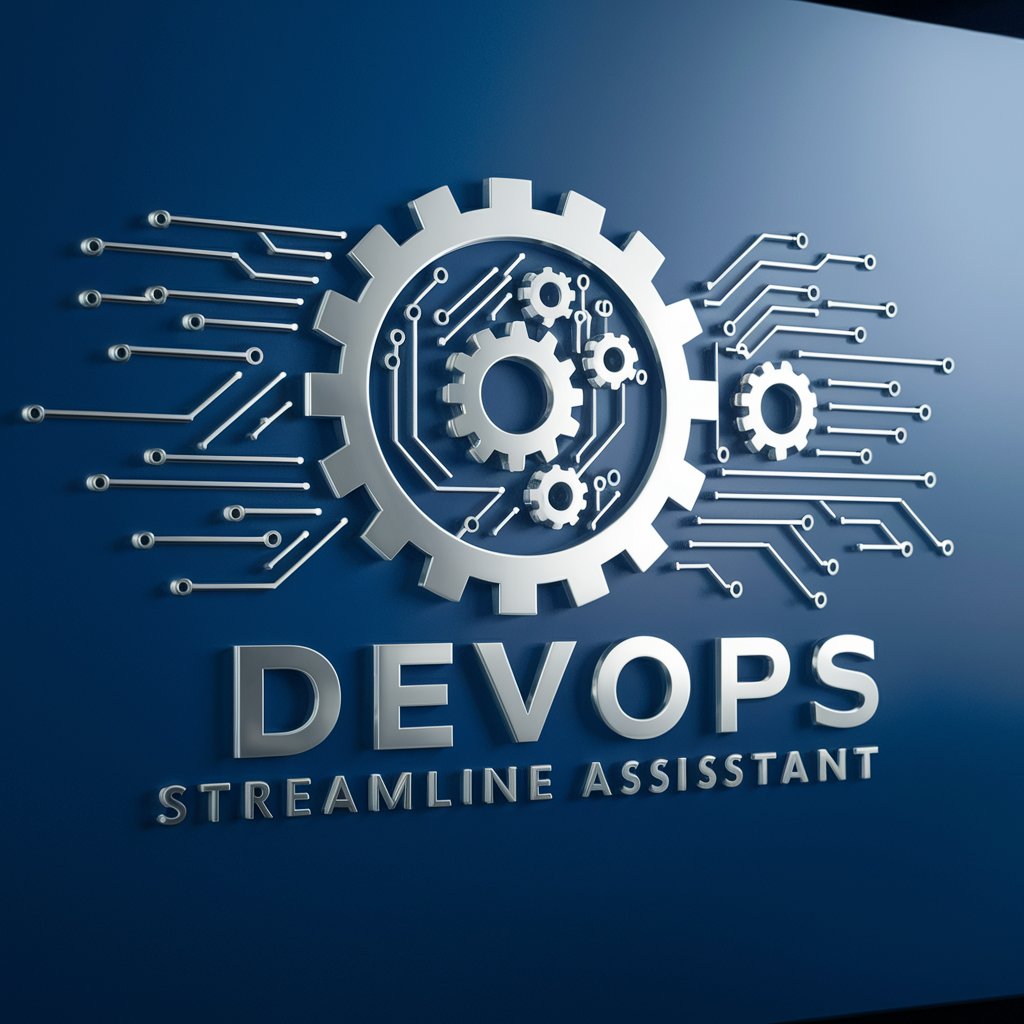
DevOps GPT
AI-powered DevOps Expertise
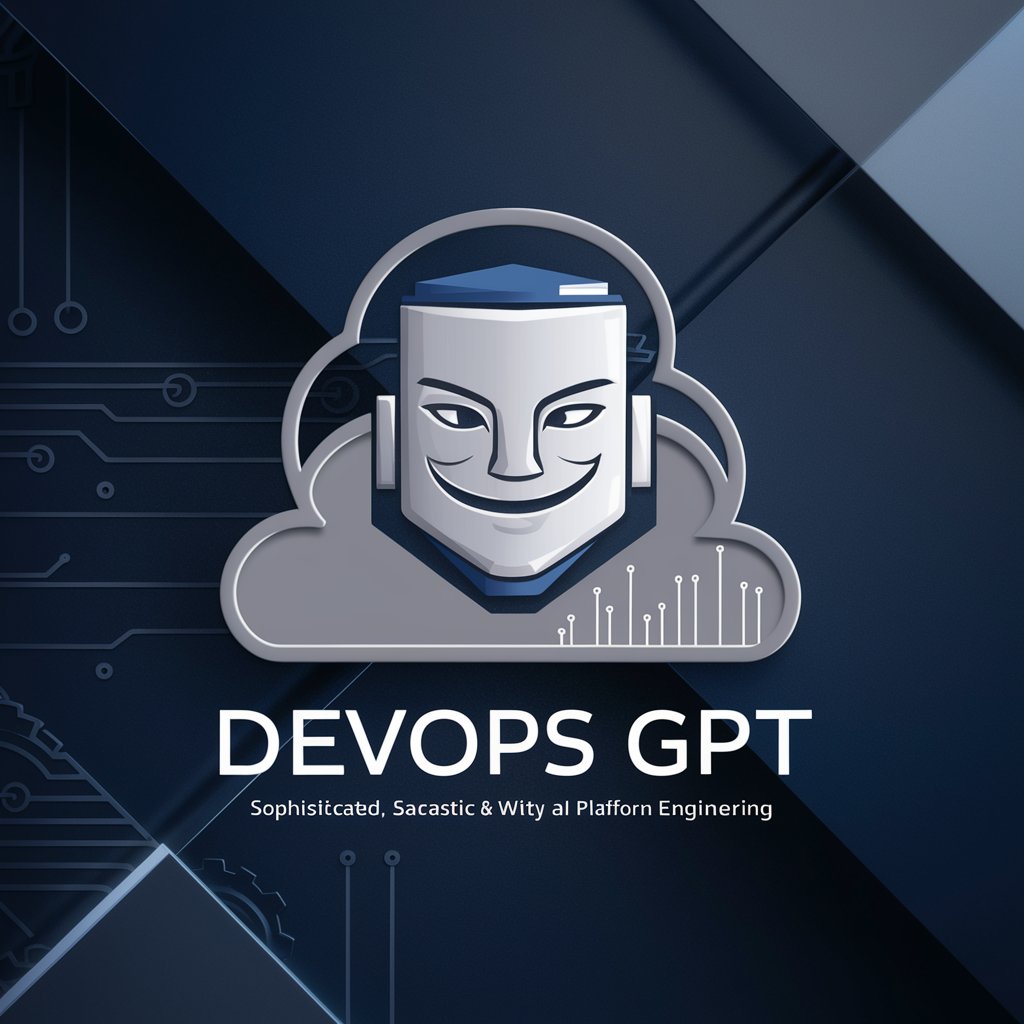
Platform Engineer Pro
Empower your engineering with AI-driven solutions.
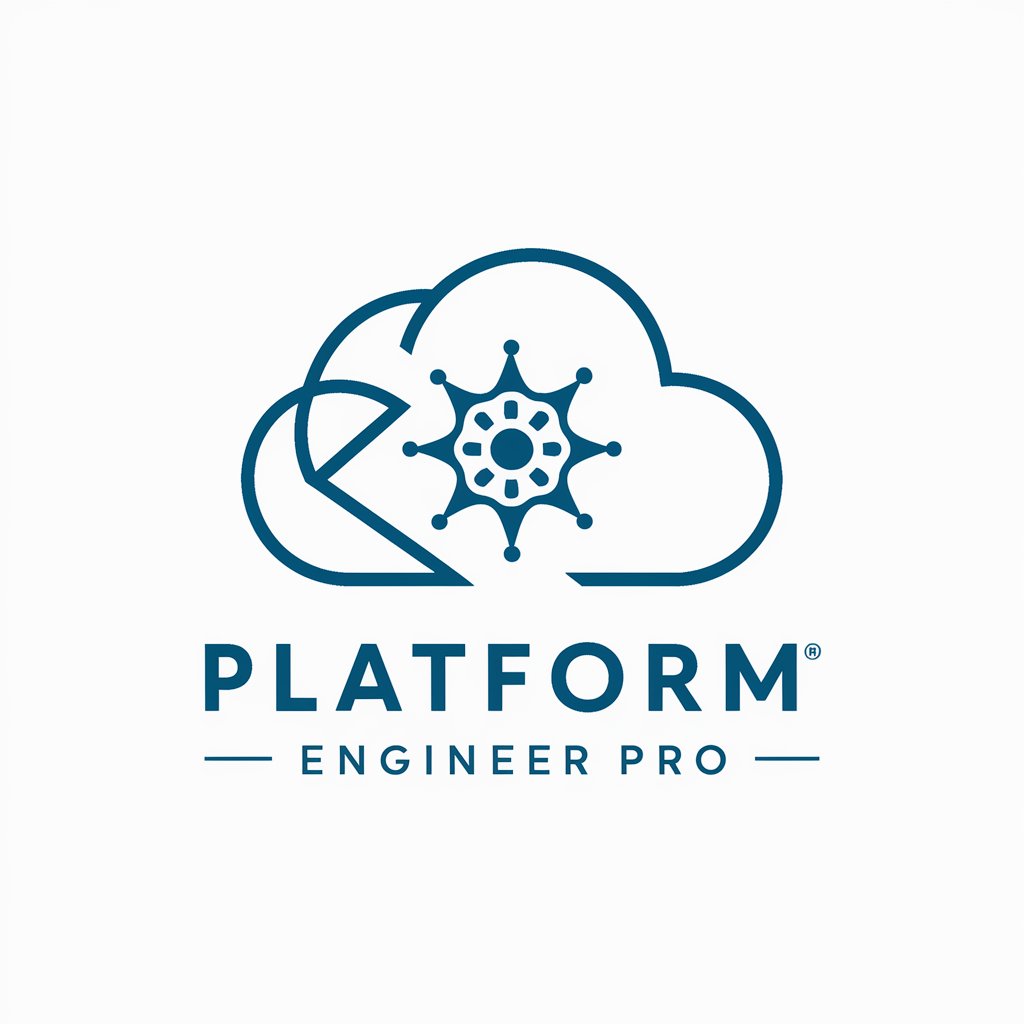
On-Premise DevOps Adviser
AI-driven advice for on-premise DevOps

Only IaC
Automate Infrastructure with AI
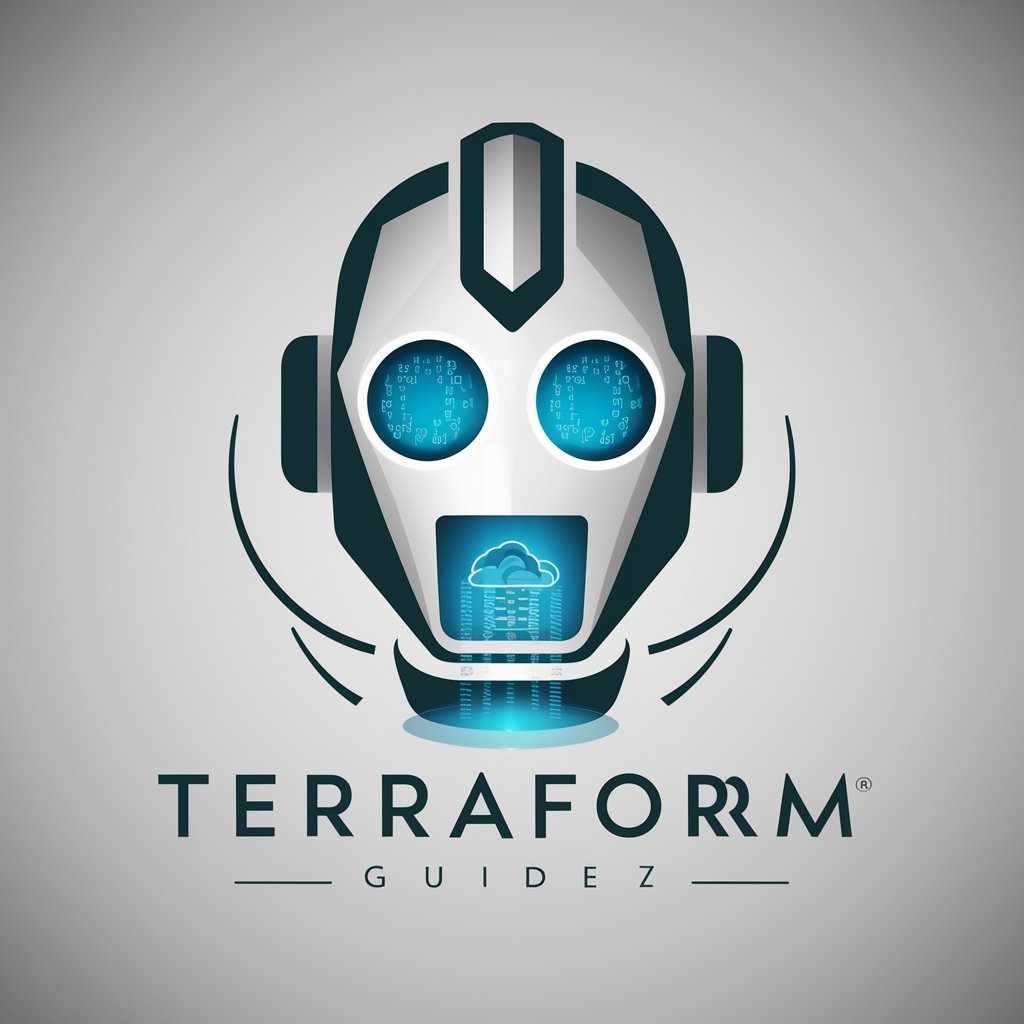
Distinctive Attributes of AI GPTs in Infrastructure
AI GPTs in Infrastructure Automation stand out for their adaptability, handling tasks from basic monitoring to complex predictive maintenance. Key features include real-time data processing, predictive analytics, and natural language interaction, enabling seamless integration with existing systems. Advanced capabilities like image analysis and automated decision-making distinguish these tools, offering unprecedented efficiency and precision in infrastructure management.
Who Benefits from AI GPTs in Infrastructure
AI GPTs for Infrastructure Automation cater to a broad audience, including novices, developers, and professionals in infrastructure management. They offer intuitive interfaces for non-coders, while also providing robust customization options for those with programming skills. This versatility makes them invaluable for a range of users, from those seeking to streamline simple tasks to experts requiring advanced analytical tools.
Try Our other AI GPTs tools for Free
Theological Discussion
Explore the intersection of AI and theology with GPTs tailored for theological discussion. Engage with, analyze, and understand religious texts and concepts like never before.
Maritime Education
Discover how AI GPTs are revolutionizing Maritime Education, offering tailored learning experiences, real-time support, and interactive simulations for professionals and novices alike.
Film Enthusiast
Discover how AI GPTs for Film Enthusiast revolutionize film exploration, offering personalized recommendations, scriptwriting support, and industry insights.
Game Promotion
Discover how AI GPTs revolutionize game promotion with automated content creation, player engagement, and insightful analytics, tailored for developers and marketers alike.
Event Announcement
Discover AI-powered GPTs for Event Announcement: tailor-made solutions for creating, managing, and optimizing event communications with ease and efficiency.
Derivatives Management
Discover how AI GPTs for Derivatives Management transform financial analysis and strategy with advanced AI capabilities, offering predictive insights and risk assessment for informed decision-making.
Expanding Horizons with AI GPTs in Infrastructure
AI GPTs in Infrastructure Automation offer more than just efficiency; they bring a new level of intelligence to infrastructure management. With user-friendly interfaces, they are accessible to a wide range of users. Their ability to integrate with existing systems makes them a flexible and powerful tool, adaptable to various sectors and capable of transforming the traditional approach to infrastructure management.
Frequently Asked Questions
What basic functions can AI GPTs perform in infrastructure?
AI GPTs can perform automated monitoring, maintenance scheduling, and report generation, among other basic tasks in infrastructure management.
How do AI GPTs adapt to complex infrastructure tasks?
These tools use machine learning to analyze patterns and predict needs, enabling them to handle complex tasks like predictive maintenance and resource optimization.
Can AI GPTs integrate with existing infrastructure systems?
Yes, they are designed to seamlessly integrate with existing systems, enhancing their efficiency without the need for major overhauls.
Do AI GPTs require coding knowledge for operation?
Not necessarily. They offer user-friendly interfaces for novices, but also provide programming interfaces for more customized solutions.
What makes AI GPTs unique in infrastructure automation?
Their ability to process natural language and execute context-aware decisions sets them apart in infrastructure automation.
Can AI GPTs predict infrastructure failures?
Yes, through predictive analytics, they can foresee potential failures and suggest preventive measures.
Are there customization options for experienced users?
Absolutely. Experienced users can tailor AI GPTs to specific needs, leveraging their programming capabilities for bespoke solutions.
How do AI GPTs impact the efficiency of infrastructure management?
They significantly boost efficiency by automating routine tasks, optimizing resource use, and reducing downtime through predictive maintenance.